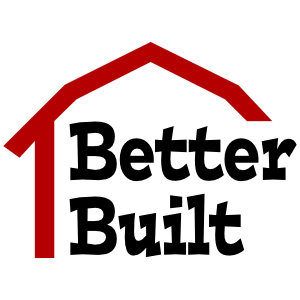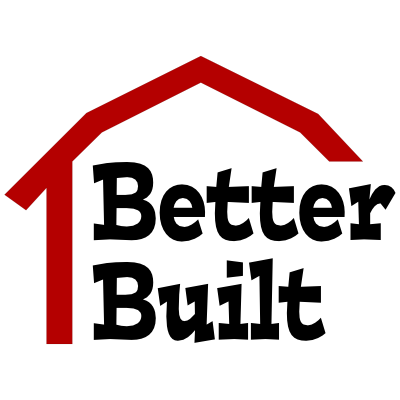Carolina Sheds
North Carolina and South Carolina are two gorgeous destinations. The small yet noteworthy states deliver an abundance of scenic landscape whether you are deep into the Appalachian Mountains or chilling on beach next to the Atlantic Ocean. There are also a number of lakes and rivers in this subtropical climate. The economy seems to be doing well; there is definite emphasis placed on higher education; it is multi-cultural and offers a number of different recreational opportunities including professional sport franchises, including the Carolina Panthers, Charlotte Hornets and Carolina Hurricanes.
It is further backed by the number of people that are not only visiting but moving to either North or South Carolina. In fact, North Carolina is the ninth most populous state in America and cities within it like Charlotte have been noted by several prominent publications as one of the most sought-after places to live, especially among young urban professionals. South Carolina, meanwhile, might not have quite the same popularity (ranking 23rd as the most populated state), though it is still doing quite well economically. As a result, Carolina sheds in both states are in very high demand.
Carolina sheds designed for self-storage – whether residential or commercial – are increasing in demand. As more and more people move to populated communities such as Charlotte, Raleigh, Greenville and Charleston – the number of options for self-storage increase.
Carolina sheds are used, first and foremost, as rentals where the renter pays the owner of the lot a monthly rate. There is rarely any type of contract required, though some do demand a down deposit. The person simply pays per month until the room for storage is no longer necessary. The owner of the commercial self-storage facility rarely bothers you unless payments are not made on time and/or the renter does not adhere to certain rules and regulations set by the owner.
Rent to own agreements are another option for Carolina sheds. Here, the renter is required to sign a lease with the lender where it is stated that the individual will pay a monthly rate for a certain number of months before ownership is transferred from owner to renter. In the process the current renter pays a pre-defined extra amount of money each month during the lease to be contributed to a down payment later on.
The final option is to skip the rent to own agreement and purchase storage here and now. It is often the best option if you have the money and would like to have the storage building located directly on your own property. Carolina sheds composed of wood, metal or vinyl can be found all around North and South Carolina. They are obviously the most secure and convenient because they are close to home.





